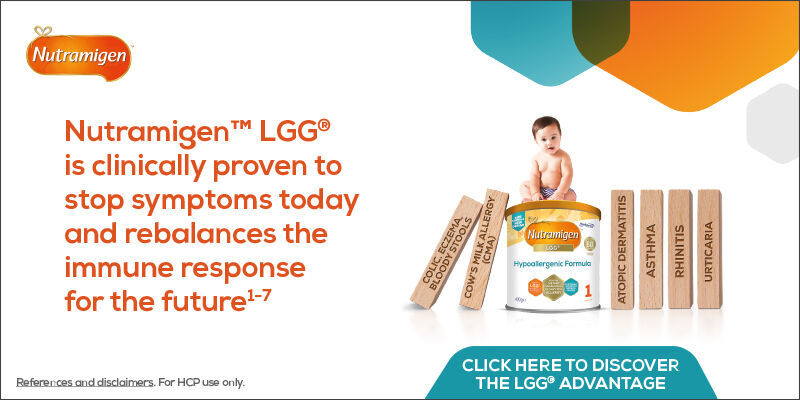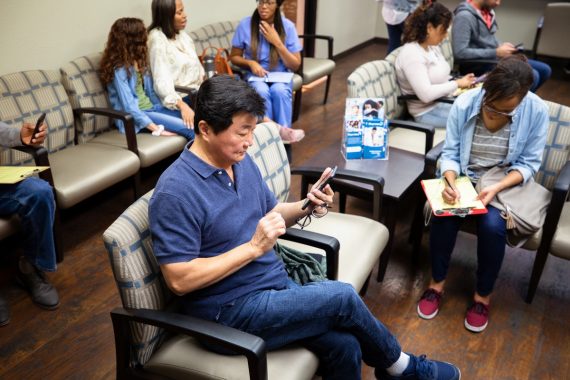People from ethnic minorities have to visit their GP more times in order to be diagnosed with cancer, an analysis has found.
The Quality Watch report which tracks how services are doing found that on average one in five people had three or more visits to their GP before being diagnosed with cancer.
But this figure increased to one in three for people with mixed Black of Asian ethnicity, the report from the Nuffield Trust and Health Foundation warned.
In addition, people from the most deprived populations in England are 21% less likely to be referred through the urgent suspected cancer pathway than those from more affluent areas.
The report authors pointed to loss of continuity of care in general practice as one issue which makes a delay in diagnosis more likely, they added.
Half of those aged 16-24 saw their GP more than three times before diagnosis and one in five of them had five or more appointments, the data shows.
Rates of cancer diagnosed at stages one and two has flatlined in recent years at just under 60%, with the current trajectory well below what would be needed to hit 75% over the next four years.
The authors there is a mismatch between investment and demand within cancer diagnostics and general practice and the target the NHS has set to improve early diagnosis.
And while NHS cancer screening programmes for breast, bowel and cervical cancers have increased the proportion of cancers referred at an early stage to 78%, efforts are needed to address inequalities in those who take up the offer and target specific groups, the report added.

The report concluded that the NHS is ‘seriously off target’ on meeting its aim to diagnose three-quarters of cancer at an early stage by 2028.
Nuffield Trust senior fellow Dr Liz Fisher said: ‘The NHS has set an ambitious goal to dramatically increase early detection of cancer, but performance in this area has stubbornly stalled in recent years.
‘Everyone’s experience of cancer diagnosis is different but the risks to delays aren’t felt equally, with younger people and those from minority ethnic groups requiring more visits to health professionals to secure a diagnosis.’
The Health Foundation assistant director of policy Tim Gardner said the analysis highlighted the need to improve people’s access to primary care particularly in deprived areas.
‘This ultimately depends on boosting primary care capacity through sustainable, long-term investment and growing and supporting the workforce.’
Professor Kamila Hawthorne, chair of the Royal College of GPs, said GPs were making more urgent referrals than ever before but that identifying cancer remains challenging in primary care, not least because the symptoms are often vague and typical of other, more common conditions.
‘But it also makes clear that health inequalities, and impact of them, extend to cancer diagnosis – and this must be addressed.
‘First, we want to see better access for GPs to diagnostics right across the country, which will further inform our decision to refer, and help us to do so appropriately.
‘Second, we know that practices in areas of high deprivation have a higher workload, more acute workforce pressures and less funding than those in less deprived areas, so we want to see more resources and targeted initiatives for these areas to enable them to provide patient care.’
An NHS spokesman said staff were working hard to ensure that everyone affected by cancer receives a prompt diagnosis, regardless of their age, ethnicity or socioeconomic status.
‘The NHS is diagnosing more people than ever for cancers at an early stage and, for the first time, over three million people were referred by GPs for potentially lifesaving cancer checks last year.’


















Aged 16-24? A group in which cancer is unbelievably rare?
Very easy after the fact to complain about ‘multiple visits’ for cancer patients, when the other hundred thousand or so with the same symptoms were completely fine.
But, if they want us to 2ww everyone at first presentation of even the outside possibility of cancer, so be it.